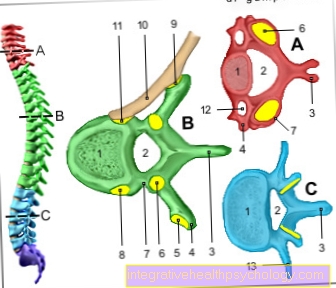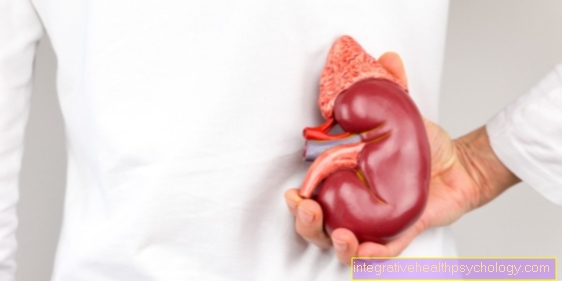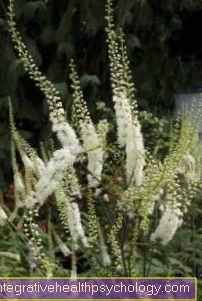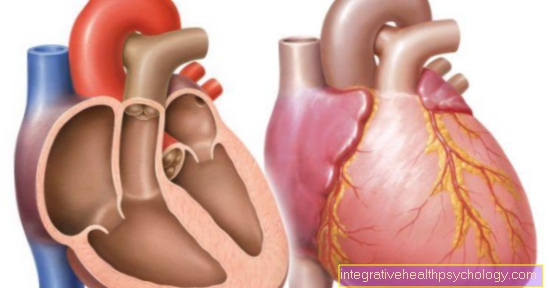fennel
Latin name: Foeniculum vulgare
Genus: Umbelliferous plants
Common names: Bread anise, bread seeds, fenicle
Plant description fennel
Plant description: Large, yellow-green flowering and typically smelling perennial which can be 1 to 2 meters high. Leaves finely divided.
Flowering time: July to September
Origin: Mediterranean area, cultivated there in cultures. With us often overgrown in gardens.
Plant parts used medicinally
The ripe fruit, very rarely the root. Fennel used medicinally always comes from cultures. The best quality is the so-called "Kammfenchel", from which only the ripe umbels are cut out. Otherwise the whole plant is often used.
ingredients
Essential oil up to 6%, main components anethole and fenchone. Dem Anise oil very similar. Fatty oil, protein and sugar as accompanying substances.
Medicinal effects and uses of fennel
Very commonly used drug. Applied to Flatulence, as an expectorant Cough suppressants, Tranquilizers for children Indigestion and diarrhea. Fennel oil has good ones disinfecting Effect. Inflammation of the outer eye can be reduced.
Preparation of fennel
Fennel tea: 1 heaped teaspoon of fennel fruits is poured over ¼ l of boiling water and strained after 10 minutes.
At to cough you drink this tea sweetened with honey and as warm as possible.
At Indigestion the effect is better unsweetened. You can drink 1 cup 2 to 3 times a day.
This tea can also be used at Inflammation of the external eye to be used as an envelope.
Combination with other medicinal plants
Fennel is often part of Tea blends against Cough, stomach and intestinal discomfort. The essential oil is used to make Cough syrups and Fennel honey used.
Stomach and digestive tea:
Melissa leaves 20.0 g / Angelica root 20.0 g / thyme herb 20.0 g / Peppermint leaves 10.0 g / fennel fruits 20.0 g, mixed. Pour ¼ l of boiling water over 2 teaspoons of this mixture, let it steep for 5 minutes and strain. Drink unsweetened before or after meals.
Use in homeopathy
Foeniculum is considered a good remedy Loss of appetite, to cough and asthma. Also for Promote milk production during the Lactation is it used. The most common potencies are D1 or D2.
side effect
None to be expected in the usual dosage. Very rare allergic reaction.





























